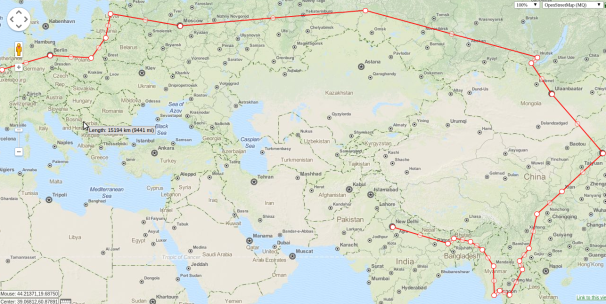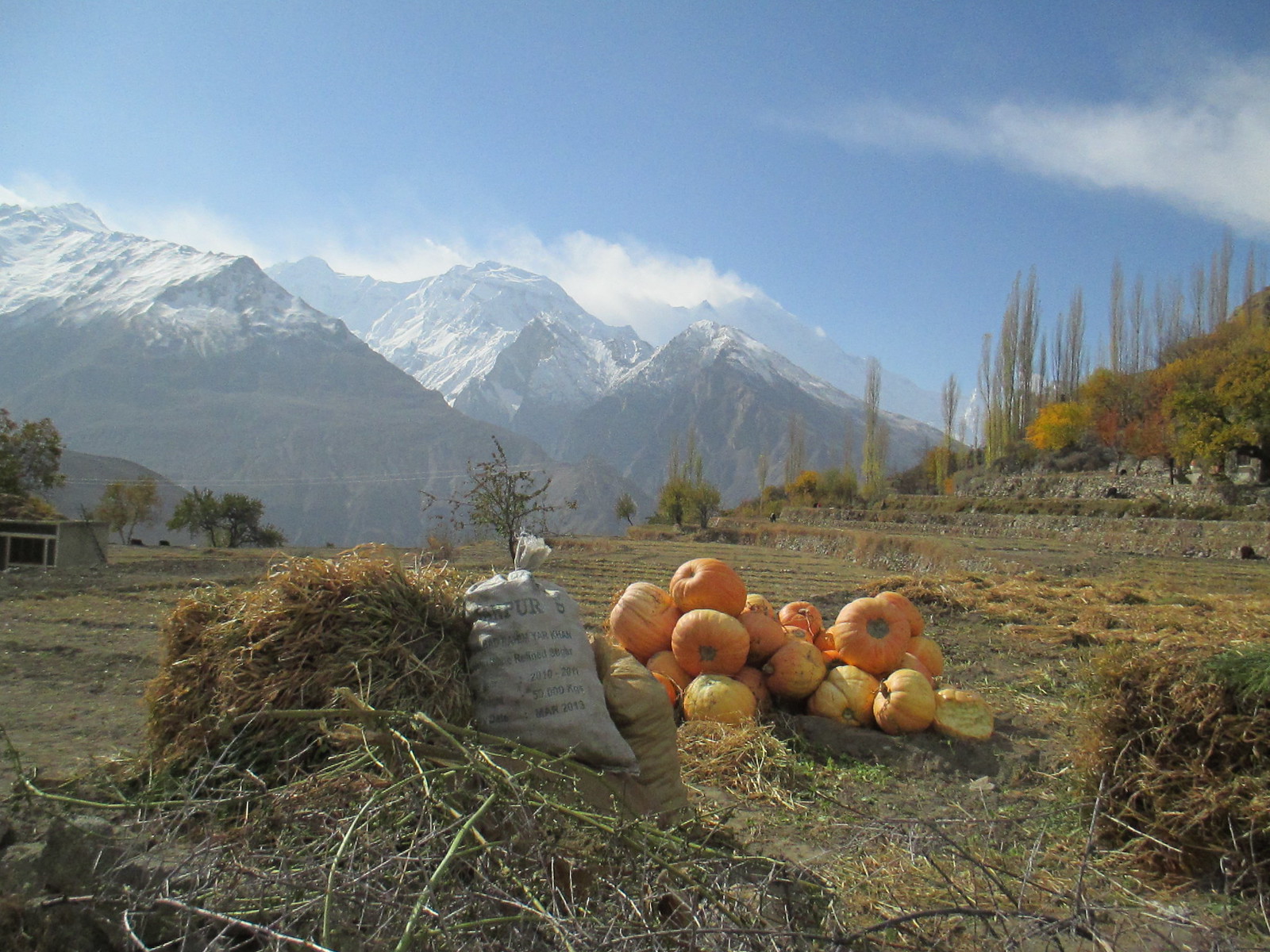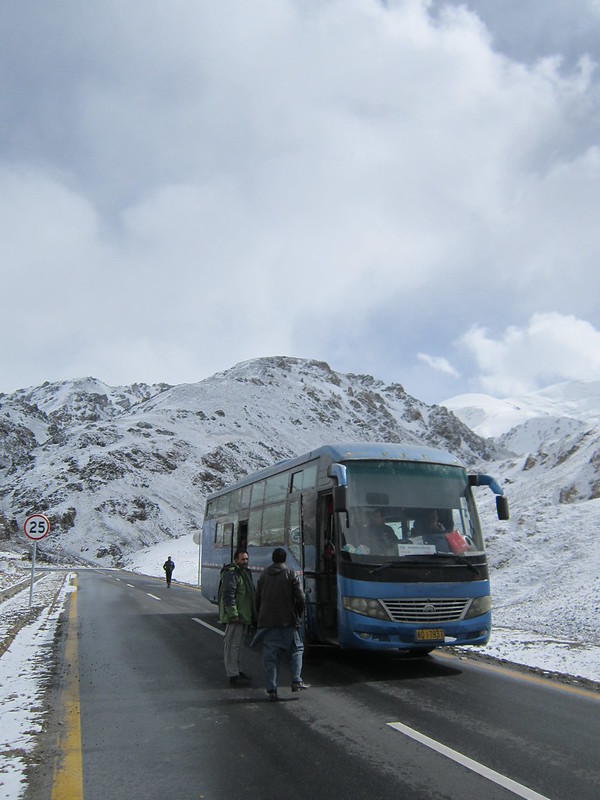
Claire woke with a start as a bucket of pond water was hurled in through the train window, utterly drenching her yet again. This was Thingyan, an enormous water fight held across Myanmar which preceeds the Burmese New Year.
Decrepid and slow moving trains with open windows were an obvious and easy target. The novelty of being hosed down by a 5 year old each time the train approached a level crossing had begun to wear off after around 10 minutes. Now, having clocked up a further 33 hours of travel, we were struggling to enjoy ourselves as much as everyone else in the flooded carriage seemed to be.
In an apparent gesture of contempt for the economy and all who prioritise it above important things like holidays and drum and bass music, the entire country shuts down for 8 whole days to run about with water pistols and dance to gigantic PA systems on every street corner. Shops shut, taxis refuse to go anywhere, all bus services are suspended and it’s almost impossible to travel by any other means than the very slow and extremely sodden railway. The whole thing makes Brixton Splash seem like a nice cup of tea with your gran.
It hadn’t started like this though. We’d arrived in Mandalay and been greeted by immense Burmese hospitality without any question of getting wet. It was wonderful to be in a city that we could cycle across without fear of immediate death, the need to bargain over absolutely everything seemed to have been left in India, and the staff at our hotel were possibly the most helpful people we’d met in our lives. I’d even developed a taste for the ubiquitous fermented mustard leaves that were served with every meal. We loved Myanmar and we wondered when something would go wrong.
Things got unnerving when we asked our hotel to book us bus tickets to a hill station called Kalaw. Ever keen to be on the tail of the British colonists, we’d heard they’d flocked there in the summer to escape the heat.
The ‘bus’ turned out to be a luxury air conditioned minibus that picked us up from our hotel door. Not only was it not full of dead chickens and babies being sick, but we were the only people on it. We had our own door to door taxi service for a price which didn’t even cover the petrol. We hated it. Where was everyone? It was lonely and quiet and a complete waste of space that in India would have accommodated several extended families and most of their furniture.
It took some time to put our finger on the difference between Myanmar and India. In the end it seemed to come down to a less voracious ambition and hurtling pace of development that we’d been used to. Where as the majority of India is building something, dealing in something, working their fingers to the bone or searching for the next big business idea, in Myanmar the people we met seemed to be genuinely happier and more relaxed about achieving the next big thing. After all, why spend your time squeezing the last rupee out of every deal when you could be dancing to drum and bass in the street?
Still, we never worked out who paid for the bus ride.



